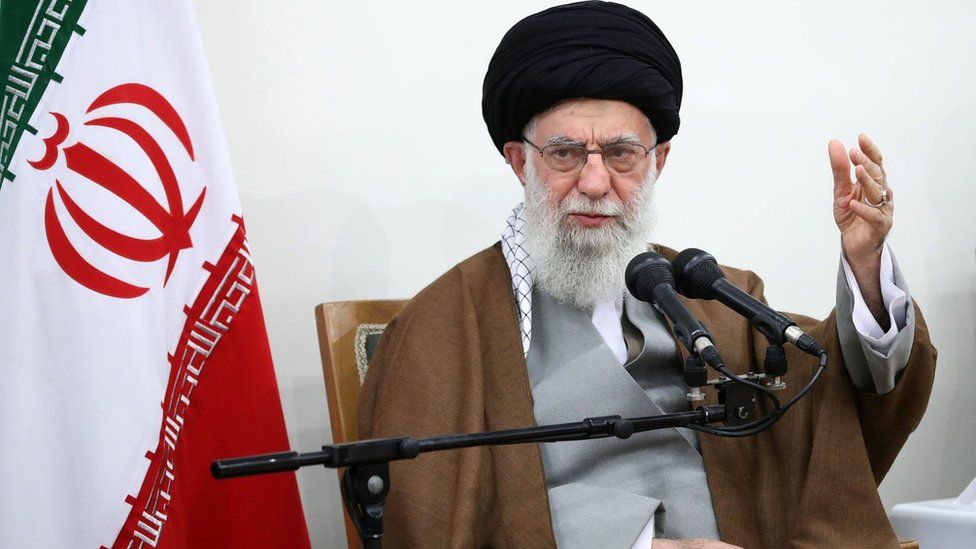Iran’s Supreme Leader Ayatollah Ali Khamenei has sternly warned against any retreat or compromise, evoking “divine wrath”.
Khamenei’s declaration follows heightened tensions between Iran and Israel after the assassination of Ismail Haniyeh, Hamas’s political leader, in Tehran last month. Khamenei criticized what he termed “enemy psychological warfare,” which seeks to deter Iran from retaliating against Israel. He stated that military, political, or economic retreat would result in severe divine repercussions.
Attributing Haniyeh’s assassination to Israeli intelligence, Tehran now faces a critical decision regarding the timing and nature of its response. Khamenei emphasized the potential for nations, regardless of size, to resist pressures from dominant global powers by leveraging national unity and understanding adversaries’ true strengths, as reported by Iran International.
He also pointed out the overestimation of enemy power, recalling attempts by the US, Britain, and Israel to destabilize Iran since the 1979 Islamic Revolution. While Iran has delayed immediate retaliation—viewed by some as a strategic decision it rejects Western appeals for restraint. The Foreign Ministry has accused Western countries of ignoring Israel’s actions in Gaza, which it labels “genocidal”, while expecting Iran to relinquish its right to respond to Haniyeh’s death.
Iran’s new president, Masoud Pezeshkian, publicly supports Khamenei’s firm stance, though he has reportedly voiced private concerns about escalation risks. Meanwhile, Israel has cautioned that any direct attack from Tehran would provoke a strong counteraction, with Israeli officials informing the US and European nations of their readiness to respond decisively to any Iranian aggression.






